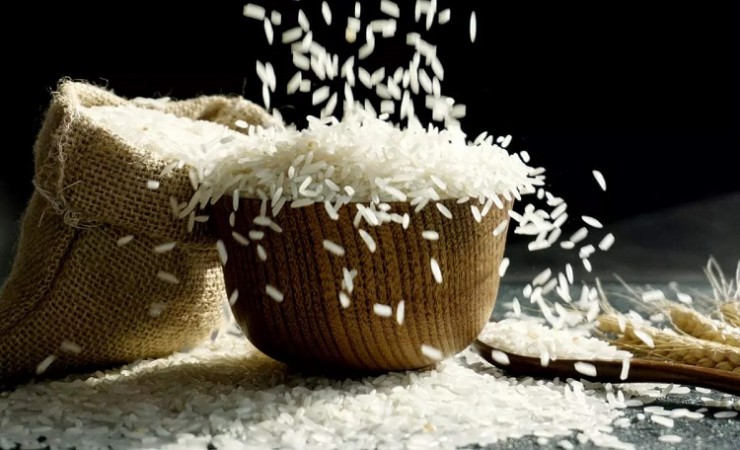
India has decided to extend restrictions on rice exports by imposing a 20% duty on parboiled rice, according to an announcement from the finance ministry on Friday. This move follows an earlier ban on shipping non-basmati white rice and broken rice, which were respectively declared in September 2022 and the preceding month. These actions were taken in response to the escalating prices of this essential dietary staple.
A report released on August 22 initially revealed that the Indian government was considering the imposition of a 20% export duty on non-basmati parboiled rice. The primary aim of this measure is to stabilize prices and enhance domestic market inventory, in an effort to counter the ongoing inflationary pressures that have been exacerbated by rising costs.
Despite the government's restriction on the export of non-basmati white rice in July, which occurred three days after Russia's withdrawal from the Black Sea grain deal, rice prices within the country remained a concern. The prices of parboiled rice have surged by 19% in the domestic market since April and by 26% in the international market. Simultaneously, the export quantity and value of this rice variety have increased by 21% and over 35%, respectively.
Presently, the average retail price for parboiled rice across India is between Rs.37-38 per kilogram, while basmati rice is priced at Rs.92-93. Traders have noted that the free-on-board (FoB) price for parboiled rice is approximately $500 per tonne, with basmati varieties reaching $1,000 per tonne. India accounts for about 25-30% of the global parboiled rice trade.
In terms of inflation, rice prices have surged, with retail inflation rising from 12% in June to 12.96% in July, compared to 4.3% in July of the previous year.
The impact of the export ban has been most severely felt by economically disadvantaged populations in countries like Bangladesh and Nepal, who heavily depend on Indian white rice. Similarly, African nations including Benin, Senegal, Togo, and Mali, which primarily import broken rice due to its cost-effectiveness and high satiety, have also been significantly affected.
India's export restrictions from the previous month have led to a noticeable spike in global rice prices, marking an increase of 15-25%. Consequently, West African countries have had to shift to using Indian parboiled rice to meet their domestic consumption needs, driven by higher price quotes from India's competitors such as Thailand, Vietnam, and Pakistan.
This shift in demand has resulted in a clear rise in India's parboiled rice exports during the current fiscal year, reaching around 3.1 million metric tons compared to the 2.58 million metric tons recorded in the same period of the previous fiscal year, according to government data.
Transitory Food Price Pressure Requires Vigilance: Economic Review FinMin
Inflation Surges: US Records Highest Rate of 9.1% in June Since 1981, Triggering Economic Concerns